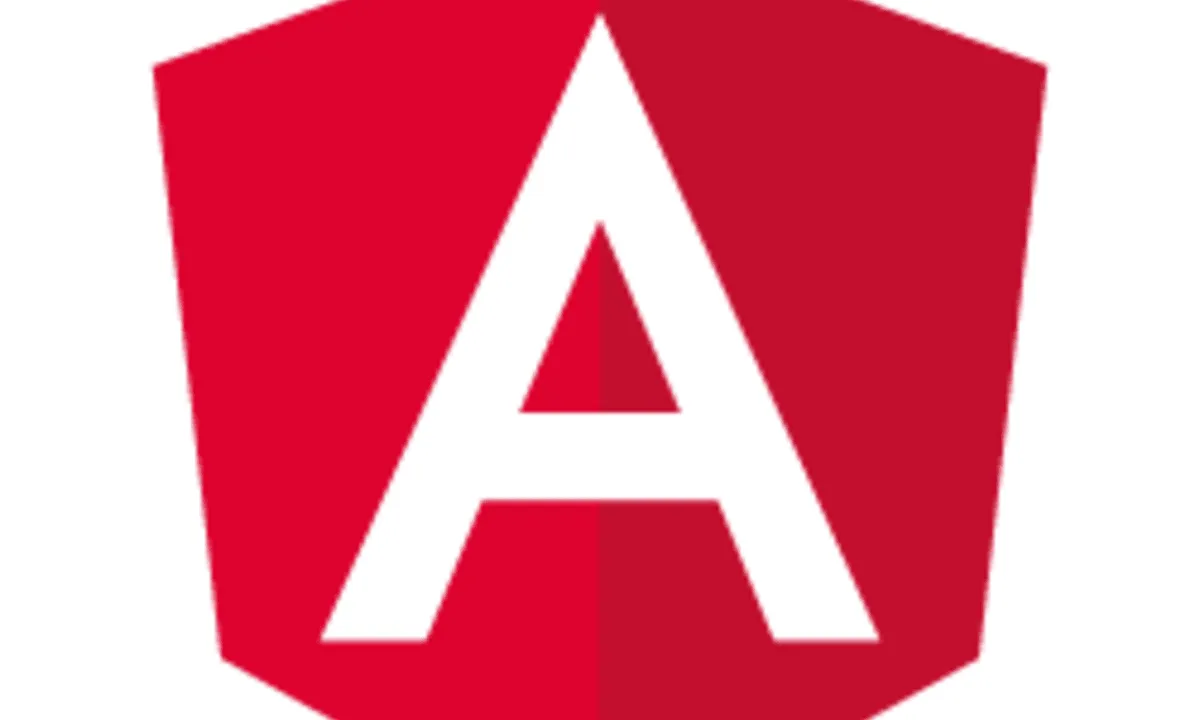
Front-End JavaScript Frameworks: Angular 
Learn to develop modern, complex, responsive and scalable web applications with Angular! This course concentrates mainly on Javascript based front-end frameworks, and in particular the Angular framework (Currently Ver. 6.x). Get an introduction to the use of Angular Material and Angular Flex-Layout for responsive UI design, data binding, and client-server communication. Master the skills to design both template-driven forms and reactive forms. Learn to use Observables and RxJS in the context of Angular applications. Take your web development skills to the next level with this comprehensive course! ▼
ADVERTISEMENT
Course Feature
![]() Cost:
Cost:
Free
![]() Provider:
Provider:
Coursera
![]() Certificate:
Certificate:
Paid Certification
![]() Language:
Language:
English
![]() Start Date:
Start Date:
2nd Jan, 2023
Course Overview
❗The content presented here is sourced directly from Coursera platform. For comprehensive course details, including enrollment information, simply click on the 'Go to class' link on our website.
Updated in [June 30th, 2023]
This course provides an overview of the Front-End JavaScript Frameworks, with a focus on the Angular framework (currently Ver. 6.x). Students will learn about Typescript, components, directives, services, data binding, the Angular router, template-driven forms, reactive forms, Observables, reactive programming, RxJS, client-server communication, HTTP client, REST API, Angular animation, and Angular testing. By the end of the course, students will be able to implement single page applications in Angular, use various Angular features, design responsive Angular applications, and use Observables and RxJS in the context of Angular applications. It is recommended that students have a working knowledge of front end web-UI frameworks and JavaScript, especially ES 5, prior to taking this course.
[Applications]
At the end of this course, students should be able to apply the knowledge they have gained to develop their own Angular applications. They should be able to use the Angular framework to create single page applications, use various Angular features such as directives, components and services, and use Angular Material and Angular Flex-Layout for designing responsive applications. They should also be able to use Observables and RxJS in the context of Angular applications.
[Career Path]
Job Position Path:Front-End Web Developer
Description:Front-end web developers are responsible for creating the visual elements of a website or application that users interact with. They are responsible for the look and feel of the website, and must have a strong understanding of user experience and interface design. Front-end web developers use HTML, CSS, and JavaScript to create the user interface of a website or application. They must be able to work with designers and back-end developers to ensure that the website or application is functional and visually appealing.
Development Trend:The development trend for front-end web developers is to become more specialized in specific technologies. As the web continues to evolve, developers must stay up to date on the latest technologies and frameworks. Front-end web developers must also be familiar with mobile development, as more and more websites and applications are being designed for mobile devices. Additionally, front-end web developers must be familiar with accessibility standards, as more websites and applications are being designed to be accessible to all users.
[Education Path]
The recommended educational path for learners of this course is to pursue a Bachelor's degree in Computer Science with a focus on Web Development. This degree will provide learners with the necessary skills and knowledge to develop web applications using the latest technologies, such as Angular. The degree will cover topics such as HTML, CSS, JavaScript, and other web development frameworks. It will also provide learners with an understanding of the principles of software engineering, database design, and web security.
The development trend for web development is towards more complex and interactive applications, and the use of frameworks such as Angular is becoming increasingly popular. As such, the Bachelor's degree in Computer Science with a focus on Web Development will provide learners with the necessary skills to develop modern web applications. Additionally, the degree will provide learners with the knowledge to develop applications that are secure, efficient, and user-friendly.
Course Syllabus
Front-End JavaScript Frameworks Overview: Angular
In this module we get a quick introduction to front-end JavaScript frameworks, followed by an introduction to Angular. We will also learn about Angular components and their templates.Angular Services, Routing and Single Page Applications
In this week, you learn about data binding in Angular. You will learn how to design basic services. You will learn about Angular router and its use in designing single page applications. You will also learn about single page applications and use Angular Router to design single page applications.Angular Forms, Angular and Reactive JavaScript
In this module we study Angular support for forms and form validation. Both template-driven forms and reactive forms will be introduced. You will also learn about Promises. Then you will learn briefly about reactive programming, RxJs and its use in Angular.Client-Server Communication
In this module you will explore client-server communication using both Angular HTTP module and the REST API. You will get a brief introduction to animation support in Angular and create a custom attribute directive. You will also learn about testing, building and deploying Angular applications.Course Provider

Provider Coursera's Stats at AZClass
Discussion and Reviews
0.0 (Based on 0 reviews)
Explore Similar Online Courses

The Hidden Side of Energy Access: Clean Cooking

Right vs Might in International Relations

Python for Informatics: Exploring Information

Social Network Analysis

Introduction to Systematic Review and Meta-Analysis

The Analytics Edge

DCO042 - Python For Informatics

Causal Diagrams: Draw Your Assumptions Before Your Conclusions

Whole genome sequencing of bacterial genomes - tools and applications

React Basics Course

JavaScript: Functions


Start your review of Front-End JavaScript Frameworks: Angular